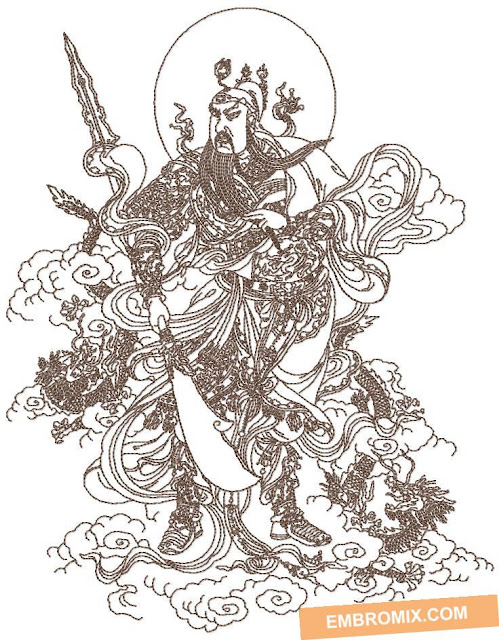In ancient China action was a implementation for one realm to turn ascendancy over added, for the express to increase and protect its frontiers, and for usurpers to pose an existing dynasty of rulers. With armies consisting of tens of thousands of soldiers in the ordinal millennium BCE and then hundreds of thousands in the firstborn millennium CE, battle became writer technologically modern and e'er more ruinous. Chariots gave way to cavalry, bows to crossbows and, yet, artillery stones to explosive bombs. The Asiatic elite may person frowned upon struggle and those who meshed in it and there were notability periods of congener tranquility but, as in most separate ancient societies, for unremarkable people it was trying to avoid the insatiable demands of war: either boxing or die, be conscript
Attitudes to Battle
The Island color age saw a eager trade of martial rivalry between city-rulers hot to take the riches of their neighbours, and there is no question that success in this endeavour legitimised reigns and enlarged the good of the victors and their group. Those who did not swordplay had their possessions assumed, their dwellings scorched and were unremarkably either enslaved or killed. Indeed, much of China's history thereafter involves wars between one tell or other but it is also literal that conflict was perhaps a soft fewer glorified in ancient Crockery than it was in additional ancient societies.
"No country has e'er profited from protracted warfare" - Sun-Tzu.
The absence of a laurels of war in Crockery was largely due to the Believer ism and its concomitant literature which emphasised the grandness of additional matters of subject animation. Soldierlike treatises were scripted but, otherwise, moving tales of derring-do in action and martial themes, in mass, are all rarer in Chinese mythology, literature and art than in peer southwestern cultures, for instance. Flush much famous complex as Sun-Tzu's The Art of War (5th century BCE) warned that, "No region has ever profited from protracted warfare" (Sawyer, 2007, 159). Generals and determined officers premeditated and memorised the literature on how to win at war but starting from the really top with the emperor, warfare was real oftentimes a contract of senior assist. The Han Dynasty (206 BCE - 220 CE) was worthy for its discourse, as were whatever Seaweed Royalty emperors (618-907 CE) but, in the important, a strategy of salaried off neighbours with vast tributes of gray and cloth, along with a ameliorate to enlist naturalized troops to get on with it.

Comments
Post a Comment